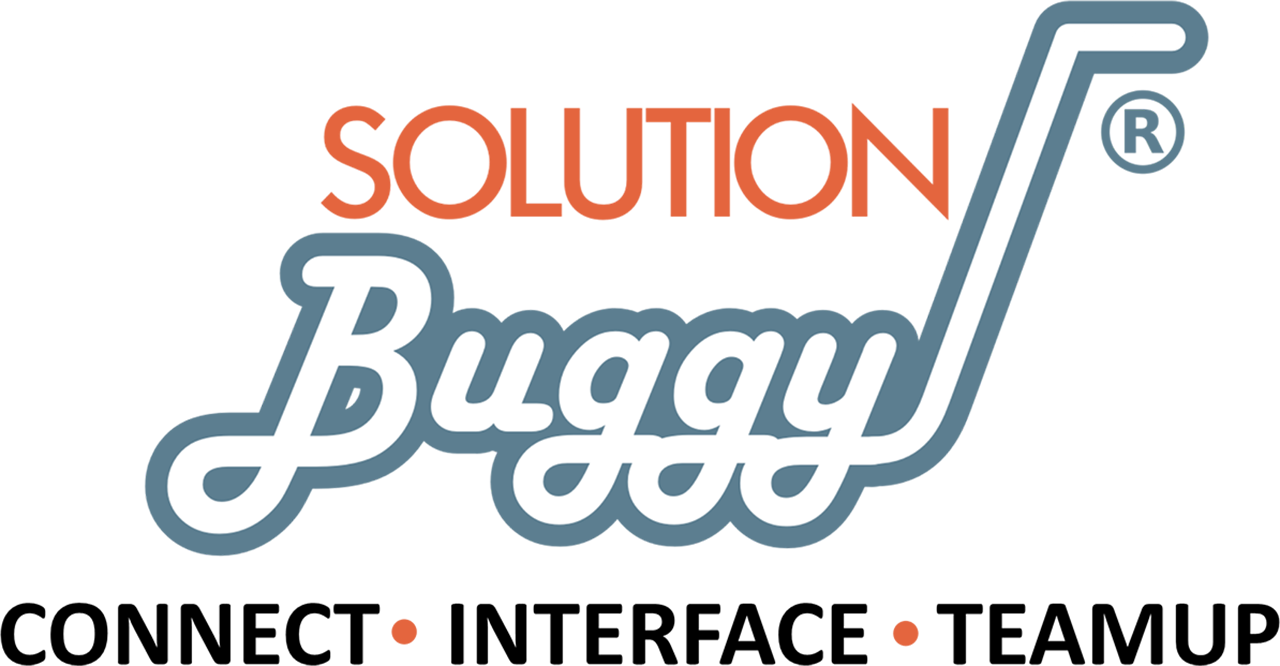Top Five Manufacturing Technology Trends in 2021

2021-03-04T11:05:55
By SolutionBuggy
Manufacturing is one of the emerging sectors across the world. With advancements in terms of technology, such as AI, Big Data, Cloud Computing, IoT, etc., the manufacturing industry is undergoing an unprecedented transformation. This rapid transformation has mandated manufacturing companies to stay up-to-date with current trends in the industry to stay relevant. Unlike other industries, manufacturing has been largely resilient to the impact of the Covid-19 pandemic. Overcoming the challenges posed by the pandemic, the manufacturing industry has entered into the year 2021. In this context, let us have a look at some of the top manufacturing trends that industries ought to pay heed to in 2021.
Also Read: Best Manufacturing Business Ideas in 2021
1. Human-Centric Artificial Intelligence & Machine Learning
Artificial Intelligence is the of the most disrupting technologies in the industry. Artificial Intelligence, along with Machine Learning, is enabling smart manufacturing, helping industries to reduce costs and optimize operations. AI-enabled systems also help manufacturing firms reduce the time-to-market for products by minimizing the production time.
The design of a product can alone help the company to differentiate itself from others in the market. AI and ML, by analysing the operational processes, enable manufacturers to create unique and sustainable products with innovative designs at lower costs. They also assist business owners in arriving at logical conclusion and in taking strategic decisions. These technologies find application in the manufacturing industry across various areas including, supply chain management, inventory management, warehousing, forecasting, etc.
Also Read: Opportunities in the Indian Toy Manufacturing Industry
2. Better Scalability with Cloud Computing
In the current competitive business environment, manufacturing industries are under extreme pressure to meet the increasing customer demands and deliver better services. So, businesses are constantly searching for innovative ways to optimize operations, enhance production capabilities and thereby meet the customer demands.
Cloud Computing helps businesses to address all the needs. It enables them to manage all the activities including, prototyping, new product launch, sales and marketing, etc., from an integrated platform. It also enables to scale up computing capabilities rapidly without higher investments. Apart from integrated and optimized operations, cloud computing also offers other advantages such as time and cost savings, scalability, reliability, business continuity, etc.
3. Shift Towards Computer-Aided Manufacturing
Computer-aided manufacturing (CAM) refers to the usage of software and computer-controlled machinery to facilitate and automate specific manufacturing processes. The latest technological advancements have enabled computer-aided manufacturing (CAM) from computer-aided design (CAD). In CAD, a product is designed using computer software, whereas in the CAM, the manufacturing of certain products is also done automatically through the software and computer-controlled machines by using geometrical design data. This allows manufacturers to minimize the human workforce required for production.
Though CAD and CAM have been in practice for a long time, their usage has been restricted to large-scale enterprises. However, in the recent past, MSMEs are also largely embracing these technologies, and the trend is only going to increase in the future.
4. Increased Interactions with Industrial IoT
Till the advent of industrial IoT, hardware and software were considered as two separate entities. Industrial IoT by integrating hardware machinery with computer software has led to the creation of more data-driven processes and working environment. IoT has disrupted many industries; however, the impact of IoT on the operations of the manufacturing industry is phenomenal.
Industrial IoT, by facilitating the communication among various devices, is enabling improved interactions in the factory work floor and thereby helping business owners to monitor the operations in a better manner. Some of the benefits of the IoT implementation in the manufacturing industry include cost reductions, mass customizations, reduced time-to-market, enhanced safety, etc.
5. Big Data Opening Up Big Opportunities
Day by day, the amount of data being accumulated in the manufacturing industries is increasing rapidly. If properly used, this data provides better business insights and opportunities to manufacturing industries. Big Data and Data Analytics allow businesses to properly analyze the historical data and gain business insights, which help them in taking important decisions. With an increase in the collection of data in the manufacturing industry, it is no absurd to say that big data is going to determine the industry in a big way.
Also Read: One District One Product: A Game Changer in the Indian Manufacturing Industry
If you planning to adopt technology into your manufacturing processes, then kindly register with SolutionBuggy and get help from trusted and verified manufacturing consultants. Our consultants assist you in efficiently deploying technologies, enabling you to make the most of technology.
Solutions For
Reach Us
Bangalore (Head Office)
Across India : Delhi | Pune | Mumbai | Chennai | Ahmedabad | Hyderabad | Kolkata, and 30+ major cities across India
Copyright © 2024 SolBuggy. All Rights Reserved

